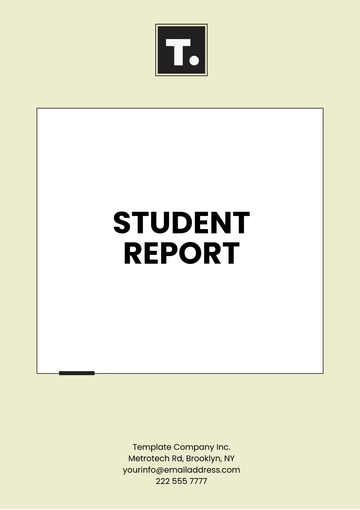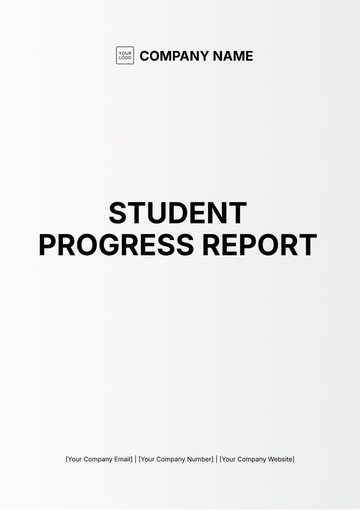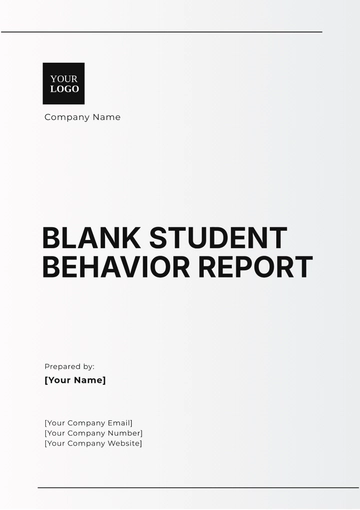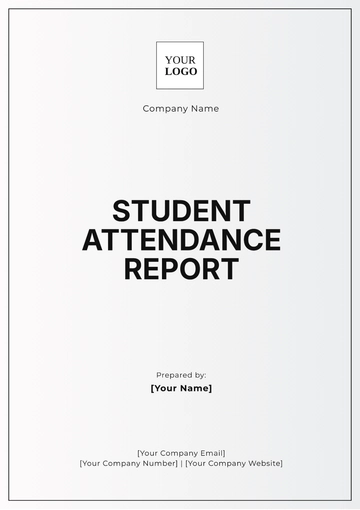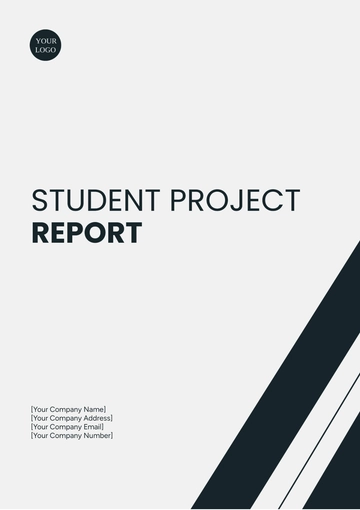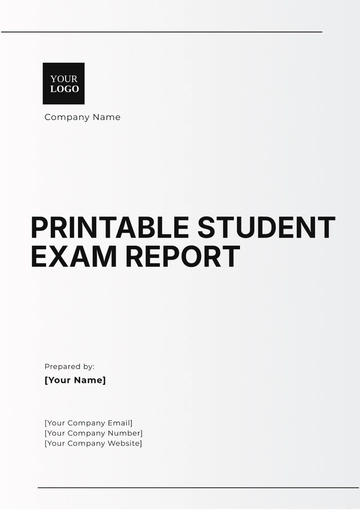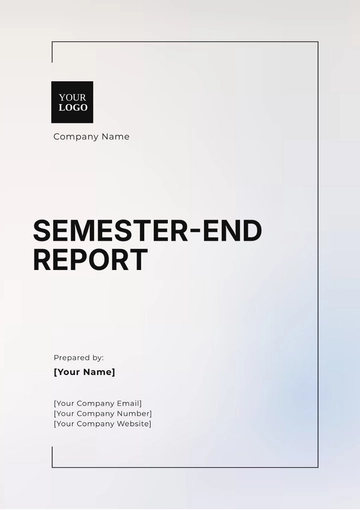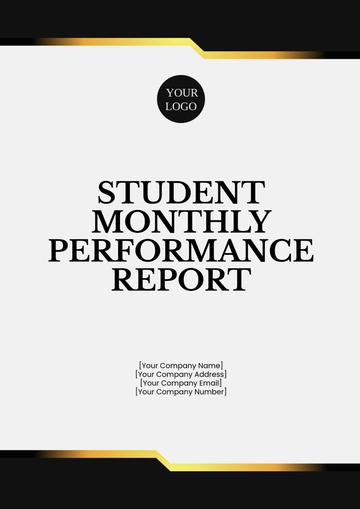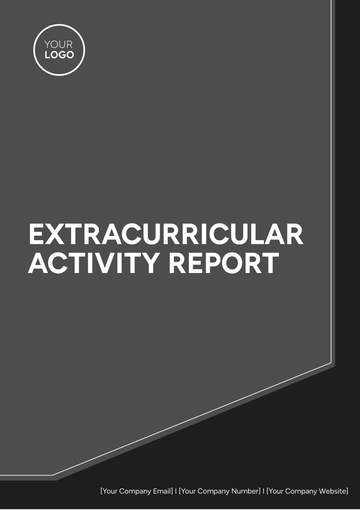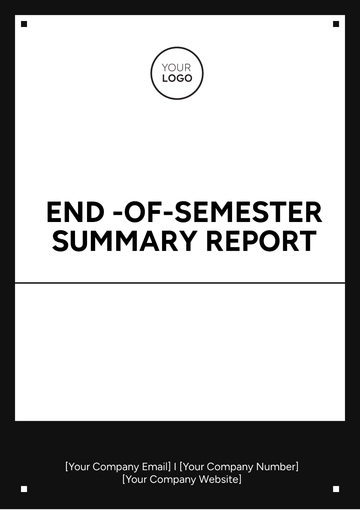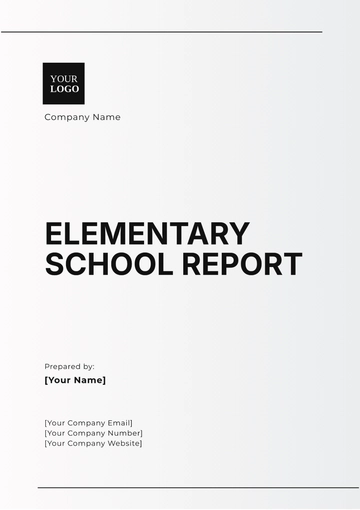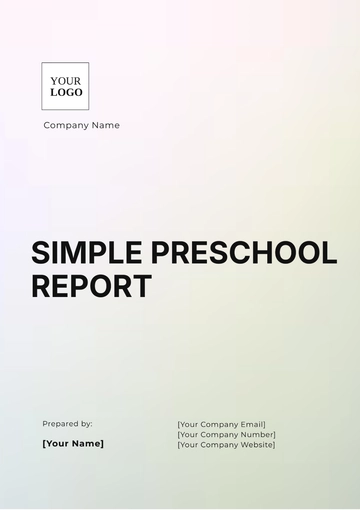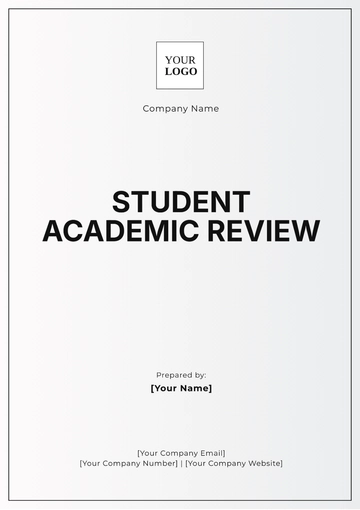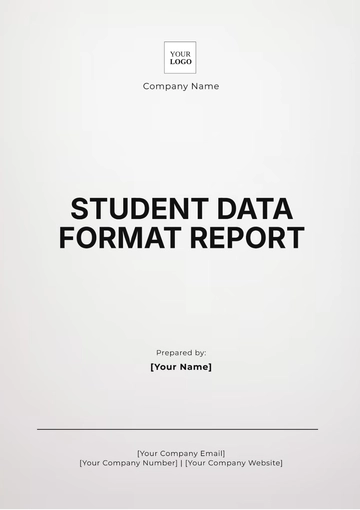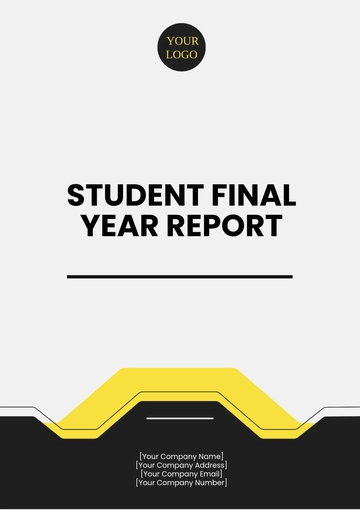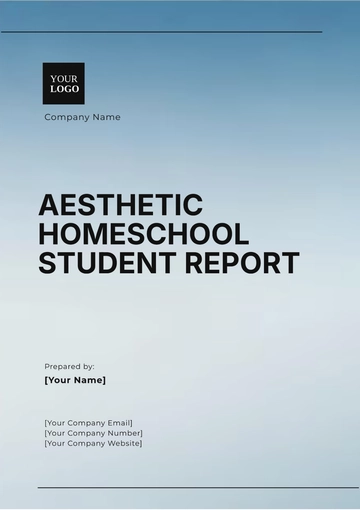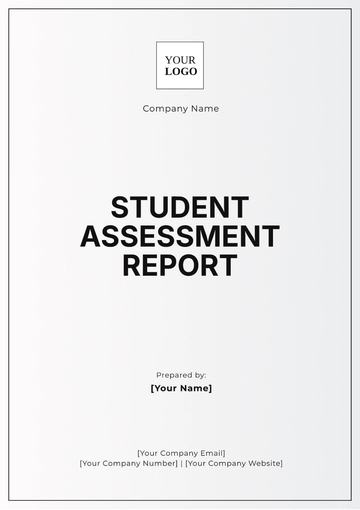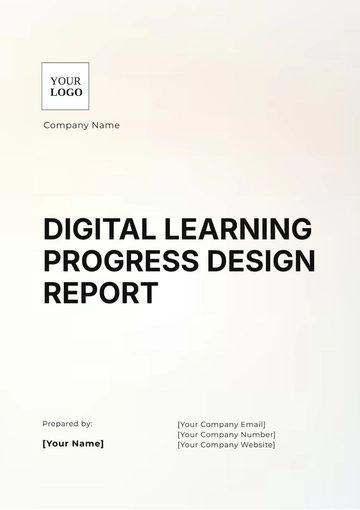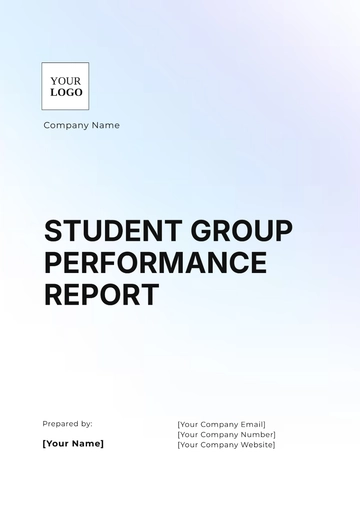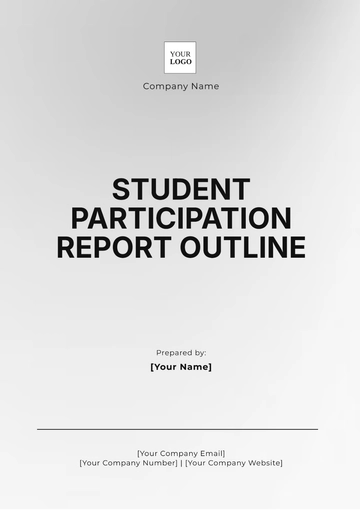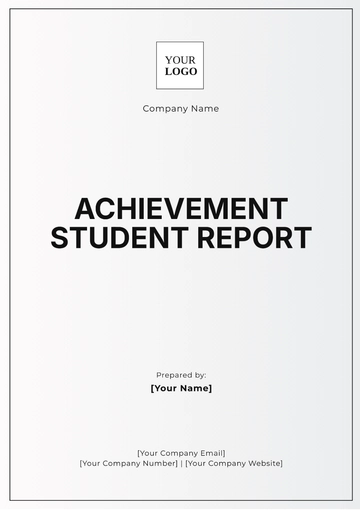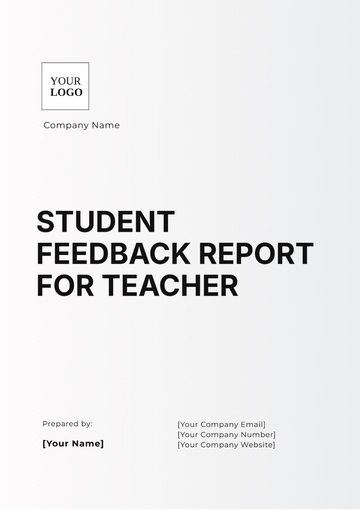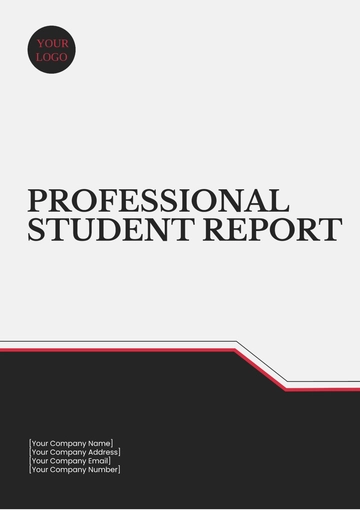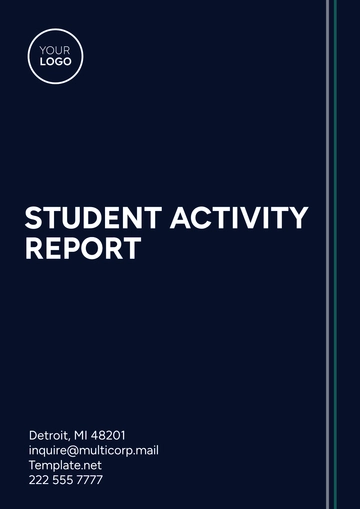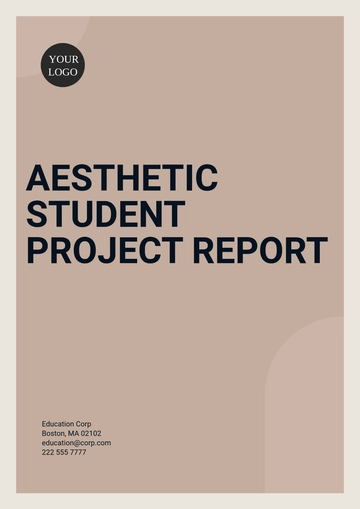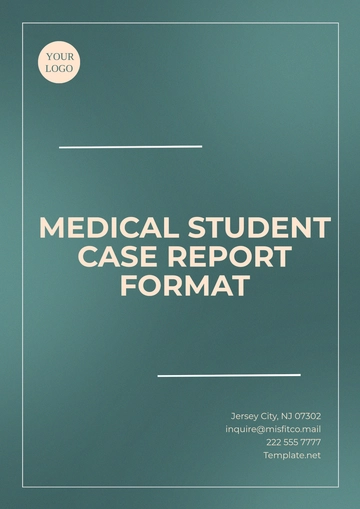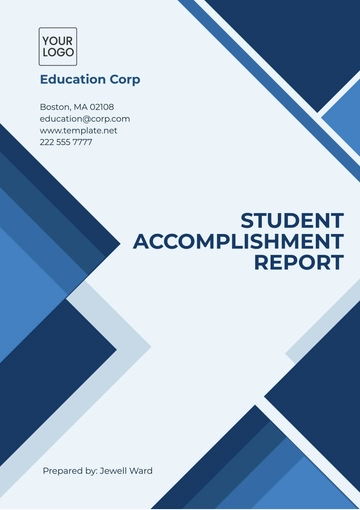Free College Report
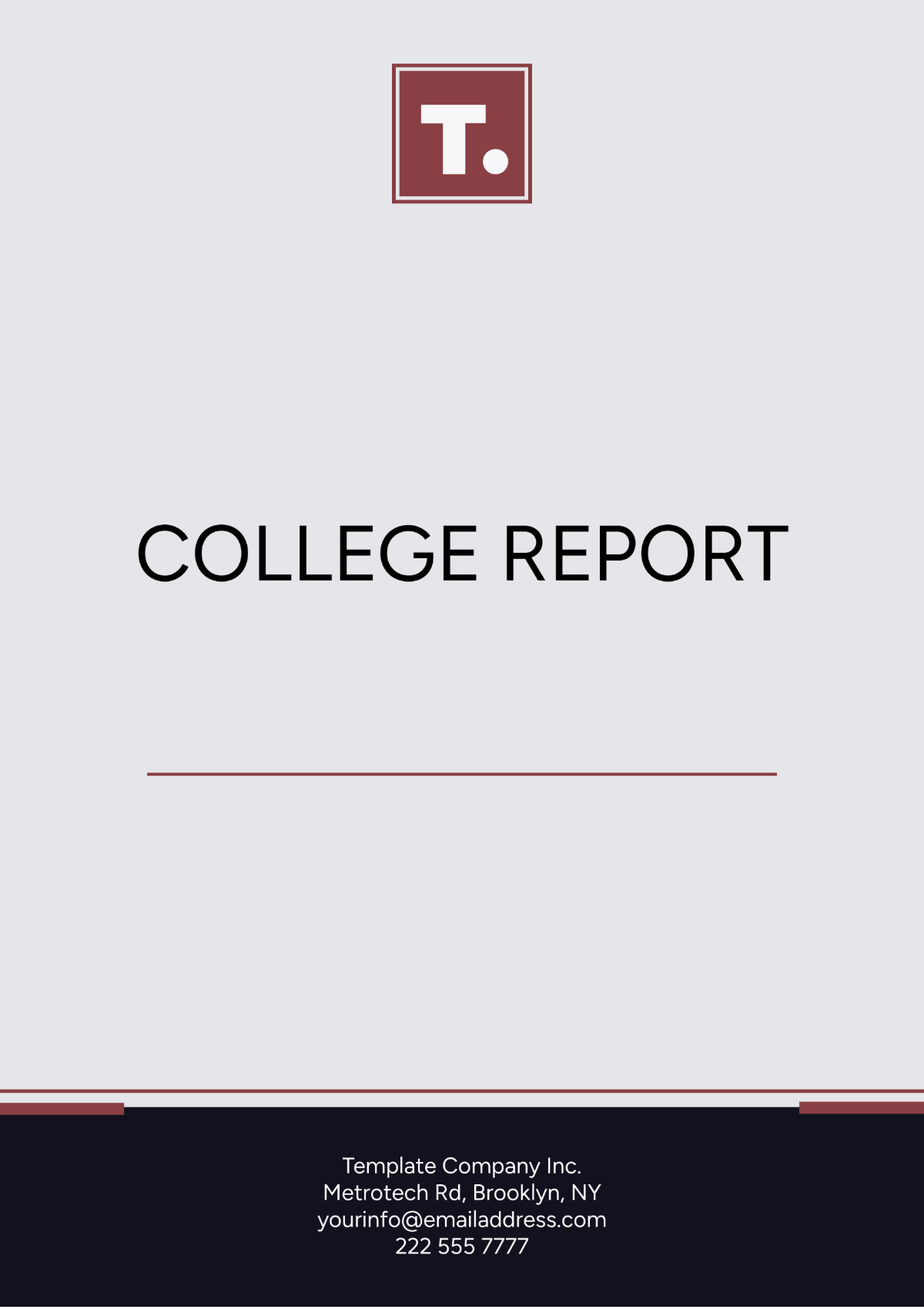
Prepared by: [YOUR NAME]
Email: [YOUR EMAIL]
I. Introduction
In the rapidly evolving landscape of higher education, assessing academic programs is paramount to ensuring that institutions meet the needs of their students and the demands of the workforce. This report evaluates the current academic programs offered at ZenExa University and provides insights and recommendations to enhance their effectiveness and alignment with institutional goals.
II. Assessment Overview
The assessment of academic programs is a continuous process that involves the systematic evaluation of curricula, teaching methodologies, and student outcomes. The primary objective is to identify areas of strength and opportunities for improvement to enhance the overall educational experience.
III. Methodology
The assessment was conducted using a combination of qualitative and quantitative methods, including:
Surveys of students and faculty to gather feedback on course content and delivery.
Analysis of academic performance data from the previous three academic years.
Review of program alignment with industry standards and job market needs.
IV. Findings
The following table summarizes key findings from the assessment of academic programs:
Program Name | Student Enrollment | Graduation Rate | Faculty Satisfaction | Industry Alignment |
|---|---|---|---|---|
Computer Science | 250 | 85% | 90% | High |
Business Administration | 300 | 80% | 75% | Medium |
Psychology | 200 | 78% | 88% | High |
Engineering | 150 | 82% | 85% | High |
Fine Arts | 100 | 70% | 80% | Low |
Nursing | 120 | 88% | 92% | High |
Education | 180 | 75% | 70% | Medium |
Environmental Science | 90 | 65% | 78% | Medium |
Communications | 220 | 77% | 83% | High |
V. Discussion
The assessment reveals that certain programs, such as Computer Science and Nursing, exhibit strong student engagement and industry alignment, while others, like Fine Arts and Environmental Science, show lower graduation rates and industry relevance. Addressing these discrepancies requires a focused approach that includes curriculum revisions, enhanced support services, and partnerships with industry leaders.
VI. Recommendations
Based on the findings, the following recommendations are proposed:
Curriculum Enhancement: Revise course content to reflect current industry trends and technologies.
Student Support Services: Implement additional tutoring and mentoring programs for students in programs with lower graduation rates.
Industry Partnerships: Establish partnerships with local businesses and organizations to enhance internship and job placement opportunities for students.
VII. Conclusion
Assessing academic programs is essential for maintaining the quality of education and ensuring that graduates are prepared for the workforce. By implementing the recommendations outlined in this report, ZenExa University can enhance its academic offerings and better serve its students and community. Continuous evaluation and adaptation will be key to fostering an environment of excellence in education.
This report serves as a foundational document for ongoing discussions regarding the enhancement of academic programs and the overall educational experience at ZenExa University. Further evaluations should be conducted regularly to ensure sustained growth and improvement.
- 100% Customizable, free editor
- Access 1 Million+ Templates, photo’s & graphics
- Download or share as a template
- Click and replace photos, graphics, text, backgrounds
- Resize, crop, AI write & more
- Access advanced editor
The College Report Template from Template.net is a fully customizable and editable document designed to meet all your academic report needs. With the AI Editor Tool, you can easily tailor the content to fit your specific requirements, ensuring a professional and polished presentation every time. Save time and effort by utilizing this user-friendly template.
You may also like
- Sales Report
- Daily Report
- Project Report
- Business Report
- Weekly Report
- Incident Report
- Annual Report
- Report Layout
- Report Design
- Progress Report
- Marketing Report
- Company Report
- Monthly Report
- Audit Report
- Status Report
- School Report
- Reports Hr
- Management Report
- Project Status Report
- Handover Report
- Health And Safety Report
- Restaurant Report
- Construction Report
- Research Report
- Evaluation Report
- Investigation Report
- Employee Report
- Advertising Report
- Weekly Status Report
- Project Management Report
- Finance Report
- Service Report
- Technical Report
- Meeting Report
- Quarterly Report
- Inspection Report
- Medical Report
- Test Report
- Summary Report
- Inventory Report
- Valuation Report
- Operations Report
- Payroll Report
- Training Report
- Job Report
- Case Report
- Performance Report
- Board Report
- Internal Audit Report
- Student Report
- Monthly Management Report
- Small Business Report
- Accident Report
- Call Center Report
- Activity Report
- IT and Software Report
- Internship Report
- Visit Report
- Product Report
- Book Report
- Property Report
- Recruitment Report
- University Report
- Event Report
- SEO Report
- Conference Report
- Narrative Report
- Nursing Home Report
- Preschool Report
- Call Report
- Customer Report
- Employee Incident Report
- Accomplishment Report
- Social Media Report
- Work From Home Report
- Security Report
- Damage Report
- Quality Report
- Internal Report
- Nurse Report
- Real Estate Report
- Hotel Report
- Equipment Report
- Credit Report
- Field Report
- Non Profit Report
- Maintenance Report
- News Report
- Survey Report
- Executive Report
- Law Firm Report
- Advertising Agency Report
- Interior Design Report
- Travel Agency Report
- Stock Report
- Salon Report
- Bug Report
- Workplace Report
- Action Report
- Investor Report
- Cleaning Services Report
- Consulting Report
- Freelancer Report
- Site Visit Report
- Trip Report
- Classroom Observation Report
- Vehicle Report
- Final Report
- Software Report
